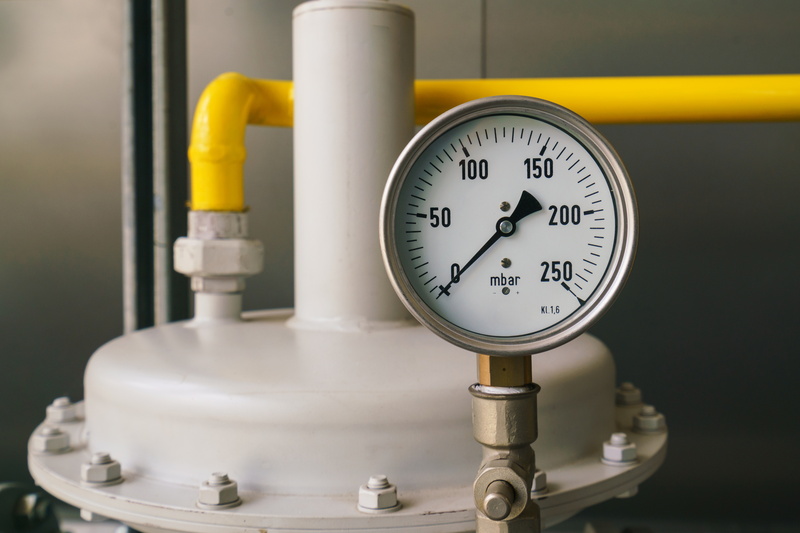
A boiler is a great way to enjoy indoor comfort on even the coldest days. But when a boiler stops working—well, it’s just as miserable as when any other home heater stops working. Your first instinct may be to call for heating repair in Syracuse, IN from our HVAC professionals. That’s a great instinct to have because it’s much better and safer than trying to fix the boiler yourself or allowing an amateur to take a run at it.
However, it’s always a good idea to make a few checks on the system that don’t involve using tools or anything extreme. A boiler may have stopped working for a simple reason you can remedy. Before you call for a technician, here are a few things to consider to see if you have a serious boiler breakdown.
ONE: Make sure the boiler is on
We know this sounds obvious, but we could list many times when our technicians were called to rescue a dead boiler only to discover it didn’t have power or natural gas flowing to it. Even gas boilers require electricity to operate parts like the circulator pump and the electronic igniter. See if part of the home has lost power due to a tripped circuit breaker. If you have a boiler that uses a pilot light rather than an electronic igniter, see if the light is on. Now check on other gas-powered appliances in your home to see if they’re getting natural gas.
TWO: Look over the thermostats
Modern thermostats, such as Wi-Fi and “smart” models, have plenty of options on them. If you’ve never taken the time to familiarize yourself with their operation, it’s possible for a mistaken setting to cause the boiler to not come on. Go over any manuals or documentation to see if you’ve missed something with the thermostat. If you don’t have a printed manual, you can often find the documentation online.
THREE: Bleed the radiators
If the problem is that certain rooms aren’t getting warm while others are, you may need to bleed the radiators in the cold rooms. A radiator may not be working because it has trapped cool air in it, and this will weaken the radiator’s heating power. To bleed out this air, you’ll need to open the bleed valve on the unit, which requires using a special radiator key. (Some valves only require using screwdrivers.) Turn off the boiler system first, wait an hour for the radiators to cool down completely, then place the key in the valve and turn it to allow air to escape. As soon as the water starts to drip from the valve, turn the key back.
FOUR: Check on boiler pressure
If the pressure of the boiler tank falls too low, it won’t be able to send enough water to the terminal points in the house. The boiler has a pressure gauge on it: for most homes, it should be around 12 to 15 psi. If it has fallen lower, you may need to have a technician place more water in the system.
For Over 30 Years, Collier’s Heating & Air Conditioning Is a Company You’ve Grown to Trust! Call for emergency heating repairs 24/7.
